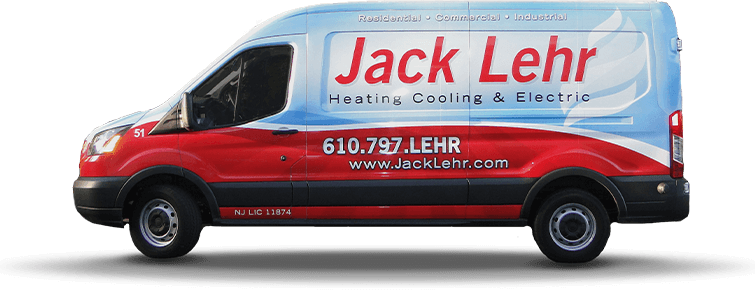Heat Pump Hacks: Stop Wasting Money with These Common Thermostat Mistakes
July 14th, 2025Learn about common thermostat mistakes and misconceptions about how to best use their heat pump systems.
Upgrading to a New HVAC System Might Be Easier Than You Think. Apply for Financing
Learn about common thermostat mistakes and misconceptions about how to best use their heat pump systems.
Learn how to recognize when it’s time to call in the pros for AC service.
Learn how to make a confident, cost-effective decision that prioritizes your comfort and budget.
Learn what the 72 Degree Guarantee is all about, why it matters, and how it reflects our dedication to quality, precision, and your complete comfort.
Learn how advanced technology is making it easier than ever to control the temperature, humidity, and efficiency of your HVAC system with precision.
MERV Ratings Explained: A Complete Guide to Choosing the Right Air Filters for Your Home Is your home’s air filtration system providing the protection your family needs? Many homeowners are unaware that the air filter they choose significantly impacts their indoor air quality, HVAC system efficiency, and family health. In this comprehensive guide, we’ll explore […]
After months of heating your facility through winter, your HVAC system now faces a critical transition — those same units that kept your employees warm and your operations running smoothly during cold weather will soon be working overtime to maintain cool, comfortable temperatures during the hottest months of the year. Spring commercial HVAC maintenance is […]
10 Most Efficient Heating Systems For Homeowners Heat Pumps (Air Source) Heat pumps are leading the charge in energy-efficient technology when it comes to the most efficient way to heat your home. Air source heat pumps work by extracting heat from the outside air to warm your home. And yes, heat pumps work even in […]
As energy costs continue to rise and environmental concerns take center stage, more homeowners are turning to heat pumps as an efficient, sustainable solution for their heating and cooling needs. However, not all heat pumps are created equal. With decades of experience installing and maintaining these systems, we’ve seen firsthand how different types of heat […]
As a homeowner, you rely on your HVAC system to keep your living space comfortable year-round. But when your unit starts showing signs of wear and tear, it may be time to consider a replacement. So, how much does a new HVAC system cost in 2025? Let’s dive in and explore the factors that influence […]
Air Conditioning, Heat Pumps, Heating, Tax Credits & Rebates
Do we serve your neighborhood?
